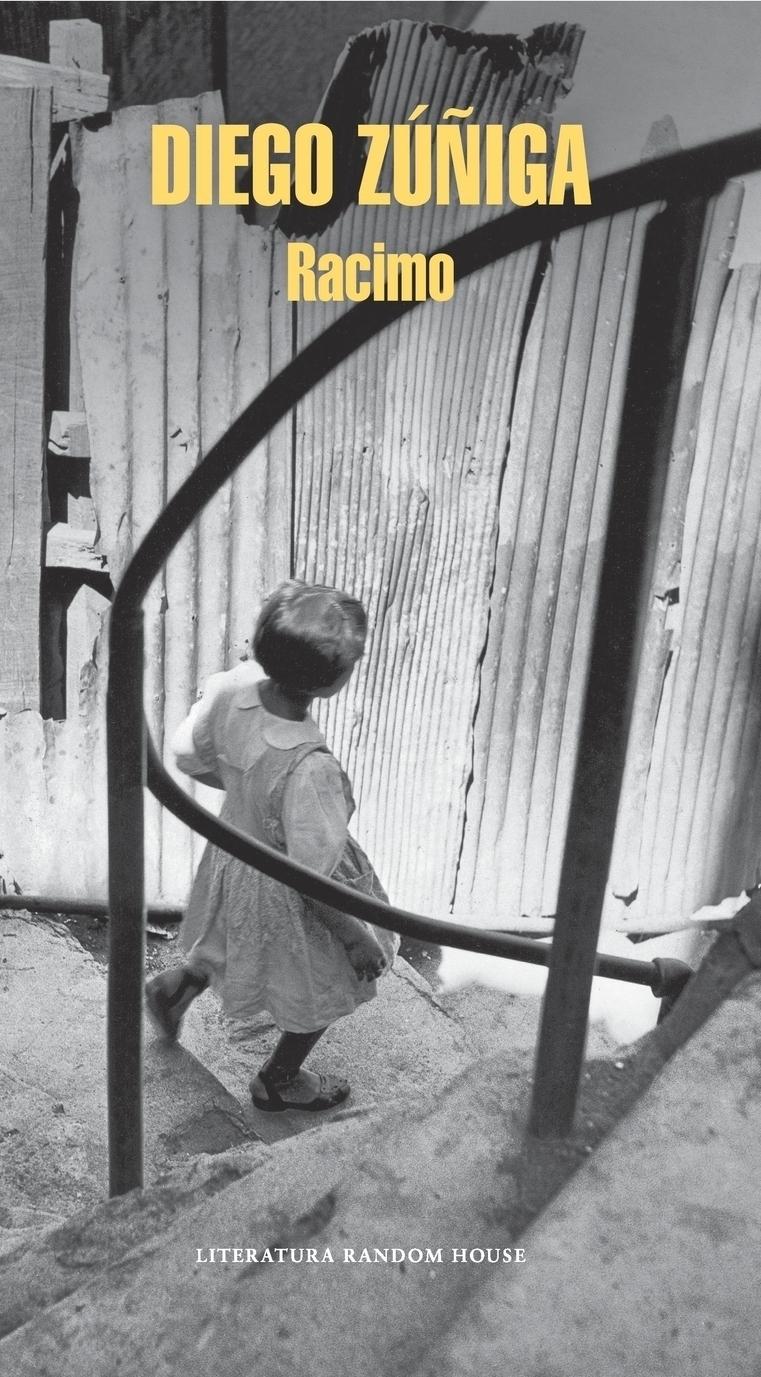Racimo
Diego Zúñiga
NOVEL | 2014 | 244 pages
The disappearance of several girls in the town of Alto Hospicio, located in northern Chile, has the photographer Torres Leiva baffled. Almost as much as by the indifference of the authorities. Surrounded by ineffective police officers, opportunistic politicians, colleagues of dubious reliability and a few desperate and heroic relatives, Torres Leiva is thrust into a bleak reality, one that is as harsh as the desert where the plot unfolds, all while his own life it seems to be falling to pieces.
Written with finesse and precision, Racimo, the author's second novel, is full of intrigue and unforgettable and resonant scenes that confirm Zúñiga as one of the strongest and most compelling young voices in Latin America.
RIGHTS: spanish PENGUIN RANDOM HOUSE | french CHRISTIAN BOURGOIS | turkish ITHAKI YAYINLARI
“Zúñiga weaves a field of evil forces that collides with the characters’ existential emptiness and the solitude of the landscapes lashed by the adverse weather, all of them crowding around a desert that is both internal and external, both pure and symbolic. The short sentences, the synthetic drawing of the past and an accomplished use of the blank space generate a reading rhythm and a hypnotic and disturbing mental state that is able to impressively merge form and content. One could say that the author goes over any of the countless forks that Roberto Bolaño proposed in 2666, all while resonating with fans of True Detective.”
“Diego Zúñiga composes a magnificent novel that brings together all the literary genres that stand out nowadays in Latin American literature: Piglia’s investigative novel, Zambra’s intimate novel, Bisama’s social novel, Bolaño’s polyphonic novel and Guerriero’s journalism… Zúñiga goes back to a desert and impoverished territory, very similiar to the one that is reflected in his former novel, Camanchaca. But this time he does it with a story that speaks to us about the silence, solitude and povertry that surrounds those who live in these regions”
“Racimo is an amazing text that tells a story that to this day causes us sorrow as a country: the story of the girls of Alto Hospicio. With it he deals with marginalization, injustice and despair. Zúñiga uses a minimal and meticulous language that stops the novel from veering into the melodramatic.”
“With his intimate style and his economy of language, [Diego Zúñiga] takes us to a landscape that, even when it might remind us of the Santa Teresa/Ciudad Juárez of Roberto Bolaño, points directly to the Comala that Juan Rulfo filled with dead people that looked alive. Because it is precisely this, dead people that look alive, what Zúñiga shows when he turns his literatura into a mirror of contemporary Chilean society.”
“Zúñiga does not elaborate a thriller or a journalistic piece. Racimo is both and something else: a fiction that condenses horror and a criticisim to those who exercise power.”
“Racimo is an interesting proposal that unfolds in various spheres: it’s a crime novel, a work of Latin America’s costumbrismo and an account of the personal search for meaning.”
“Racimo is a complex novel. To the crossroads between reality and fiction the autor piles on desert landscapes, both in the geography and in the novel’s characters… The landscape catalyzes the bleakness, the evil, the sadness and the abandonment of those who live—and die—in it…. Diego Zúñiga produces a finished and multidimensional novel, that has the healthy virtue of not becoming stagnant in trifles or pyrotechnics.
”
BY DIEGO ZÚÑIGA:
Tierra de campeones
NOVEL, 2023
Niños héroes
STORIES, 2016
Racimo
NOVEL, 2014
Camanchaca
NOVEL, 2012

